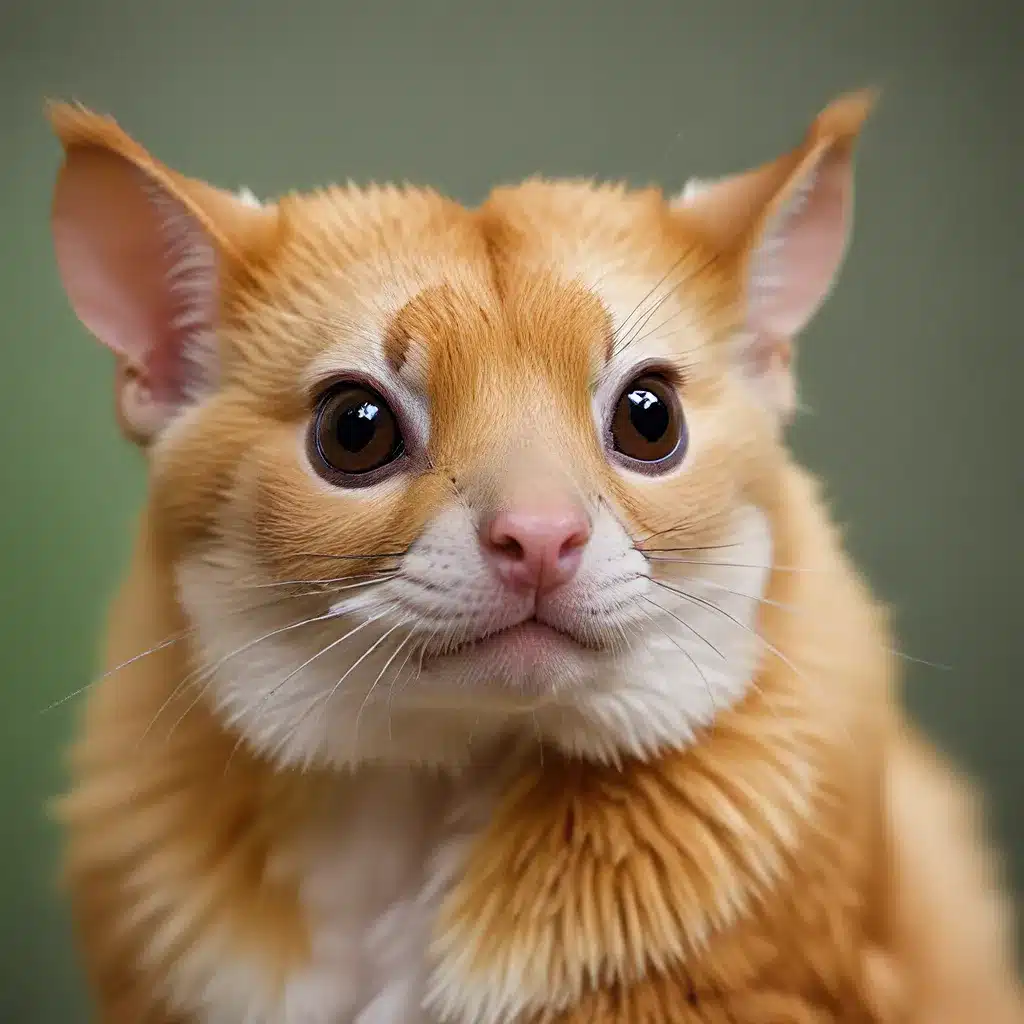
The Thrilling, Unpredictable World of Exotic Pets
Ah, the joys of exotic pet ownership! It’s a wild ride, my friends. One minute you’re cooing over your miniature hedgehog, and the next, you’re frantically googling “how to trim a chinchilla’s teeth.” Welcome to the exhilarating, occasionally nerve-wracking, world of unconventional companions.
As an exotic pet enthusiast, I’ve had my fair share of adventures – from successfully nursing a sick parakeet back to health to discovering that my ball python has a penchant for disappearing acts. And let me tell you, it’s never a dull moment. These quirky creatures keep us on our toes, constantly challenging us to embrace the unexpected.
Overcoming the Unique Hurdles of Exotic Pet Care
Caring for an exotic pet is a delicate dance, requiring a delicate balance of specialized knowledge, unwavering patience, and a willingness to adapt on the fly. Unlike their canine and feline counterparts, these unconventional companions have highly specific needs when it comes to diet, habitat, and healthcare. And let’s not forget the endless list of peculiarities that come with each species – from the finicky eating habits of bearded dragons to the mischievous antics of sugar gliders.
One of the biggest challenges I’ve faced is finding a veterinarian who is truly equipped to handle the unique needs of my exotic pets. As the experts at Animal Care Unlimited point out, exotic species require specialized surgical procedures and medical care that not all veterinary professionals are trained to provide. This can be a frustrating hurdle, especially when your beloved pet is in need of urgent attention.
But fear not, fellow exotic enthusiasts! The team at the UC Davis Companion Exotic Animal Medicine and Surgery Service is here to save the day. These experts are well-versed in the unique challenges of exotic pet ownership, offering a wide range of specialized services, from routine wellness exams to advanced surgical procedures. With their guidance, I’ve been able to keep my menagerie of unconventional companions happy, healthy, and thriving.
Mastering the Art of Habitat and Husbandry
Another crucial aspect of exotic pet ownership is providing the perfect habitat and adhering to the specific husbandry requirements of each species. As the UC Davis team emphasizes, “preventative medicine for companion exotics starts at home with healthy lifestyles.” This means meticulously researching the unique needs of your pet, from the temperature and humidity levels of their enclosure to the appropriate diet and enrichment activities.
For example, when I brought home my first bearded dragon, I quickly learned that these desert-dwelling lizards require a carefully crafted habitat that mimics their natural environment. Maintaining the right basking and cooling zones, providing a varied diet of live insects and leafy greens, and ensuring the correct UVB lighting levels were all crucial to keeping my scaly friend happy and healthy.
And let’s not forget about our aquatic friends! As the UC Davis Aquatic Animal Health Service explains, caring for fish and other aquatic pets requires a deep understanding of water quality, filtration systems, and disease prevention. It’s a whole new world of considerations that can quickly become overwhelming for the uninitiated.
Navigating the Unique Health Challenges of Exotic Pets
Perhaps the most daunting aspect of exotic pet ownership is the challenge of identifying and addressing health concerns. As the UC Davis team aptly notes, “many companion exotic pets mask signs of illness completely or show only subtle signs until very late in the disease.” This can make it incredibly difficult to detect potential issues before they become critical.
I’ll never forget the time my beloved chinchilla started exhibiting concerning signs of dental disease. Thanks to the expertise of the UC Davis veterinary team, I was able to quickly identify the problem and get my furry friend the specialized care he needed. Dental issues are a common concern in small mammals like chinchillas, rabbits, and guinea pigs, and can have a profound impact on their overall health if left untreated.
But it’s not just dental problems that can catch us off guard. Exotic pets are susceptible to a wide range of medical conditions, from respiratory infections in birds to gastrointestinal issues in reptiles. Staying vigilant and attuned to even the slightest changes in our pets’ behavior or appearance is crucial to catching problems early and getting them the proper treatment.
The Rewards of Exotic Pet Ownership
Despite the unique challenges, the joys of exotic pet ownership far outweigh the obstacles. These unique companions bring a whimsical, one-of-a-kind energy to our lives that simply can’t be found in more conventional pets. From the mesmerizing dance of my red-eyed tree frog to the soothing purrs of my Siberian ferret, each day is filled with unexpected delights and endless opportunities for learning and growth.
As I’ve navigated the thrilling world of exotic pets, I’ve found that the key to success lies in embracing the unpredictable nature of these incredible creatures. Flexibility, adaptability, and a willingness to dive headfirst into the unknown are essential qualities for any exotic pet enthusiast. And with the right support system, such as the exceptional team at Golden Exotic Pets, the journey becomes all the more rewarding.
So, my fellow exotic pet lovers, buckle up and get ready for the ride of a lifetime! With a little bit of research, a whole lot of patience, and a deep appreciation for the unique quirks of our unconventional companions, we can overcome any challenge that comes our way. After all, what’s the fun in a predictable life when you can have a menagerie of scaly, feathered, and furry friends to keep you on your toes?

